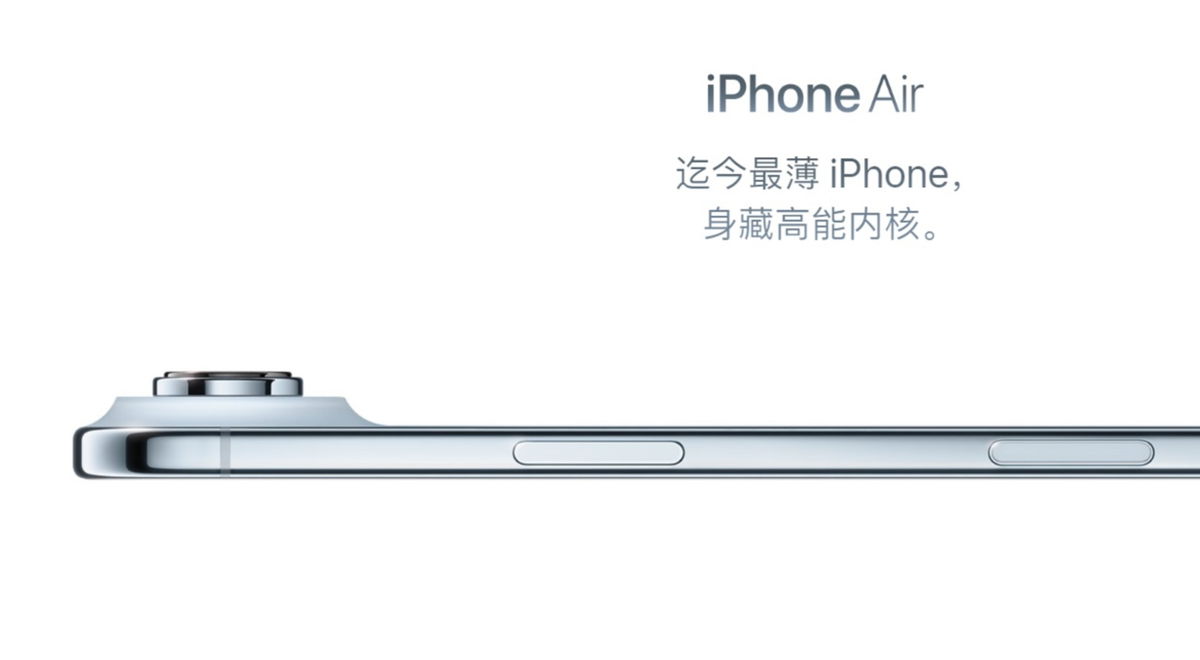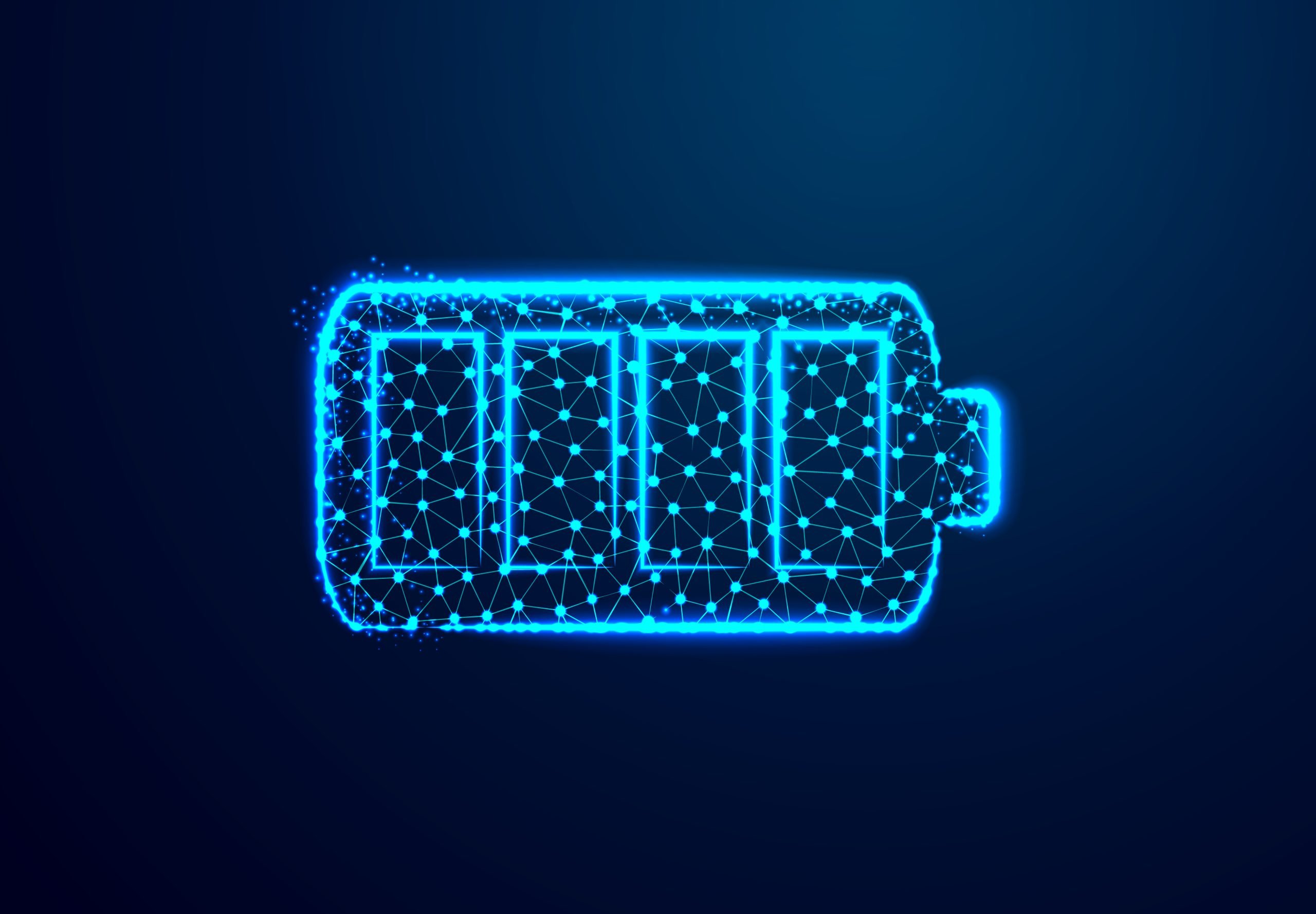Artificial intelligence can also help identify some cardiovascular diseases more accurately. A team of scientists from the University of Glasgow (Scotland) has developed a laser camera based on the latest technology that can read a person’s heartbeat from a distance. The invention has the potential to replace traditional stethoscopes.
The stethoscope was invented in the early 19th century. A solution that eliminated the need for doctors to put their ear to the patient’s chest to monitor cardiac activity. Effective, but with room for error. It all depends on the training of the person using it. They also make it difficult to detect certain abnormalities, such as heart murmurs, which can sometimes cause serious health complications.
A new artificial intelligence system developed by the University of Glasgow includes high-speed cameras, with the ability to record images at 2000 frames per second. The mechanism works by projecting a laser beam onto a person’s throat. This way, it can accurately measure how much a patient’s skin rises and falls as their main artery expands and contracts as blood passes through. These are very small movements: a few billionths of a meter.
The problem is that other movements, such as breathing, ignore heartbeat signals. But here artificial intelligence intervenes. “We use advanced computer systems to filter out everything except the vibrations caused by the human heartbeat,” he said. The keeper Daniele Faccio from the university’s Center for Advanced Study. “We know the frequency range of the human heartbeat, and artificial intelligence focuses on that.”
Possible applications of laser with artificial intelligence
Faccio envisions kiosks in shopping malls that can quickly measure a person’s heart activity and add the data to their online medical records. Additionally, laser-powered artificial intelligence monitors the patient’s heartbeat at home to measure their heartbeat at home.
Other options may monitor variations in blood pressure or subtle changes in heart rate while walking. This, Faccio explained, could help diagnose early-onset Alzheimer’s disease.
Certain abnormalities, such as murmurs or a heartbeat that is too fast or slow, may alert you to a possible stroke or cardiac arrest. “This system is very accurate,” Faccio insisted. Laser analysis with artificial intelligence allows medical personnel to detect changes in heart rhythm, not by comparing them with population averages, but by comparing them with the personal history of each patient.
Faccio and his team created Frivolous AI, a new company that is seeking venture capital to expand development of these devices. They hope to have a prototype ready for use in hospitals and offices next year.
Other heart tests
Several artificial intelligence solutions are being developed to address cardiovascular health issues.
The machine learning model uses regularly collected information about patients, as well as their troponin levels. Thus, it calculates the probability that a person will have a myocardial infarction. The product has been tested on more than 10,000 patients in six countries. The diagnosis was correct in 99.6% of cases. This was effective regardless of the person’s age and gender.
This artificial intelligence, called CoDE-ACS, was able to rule out heart attacks in more than twice as many patients as traditional methods. The creators of this system emphasized that the speed of analysis will not only benefit the patient, but also reduce the burden on emergency department staff.
Source: Hiper Textual












